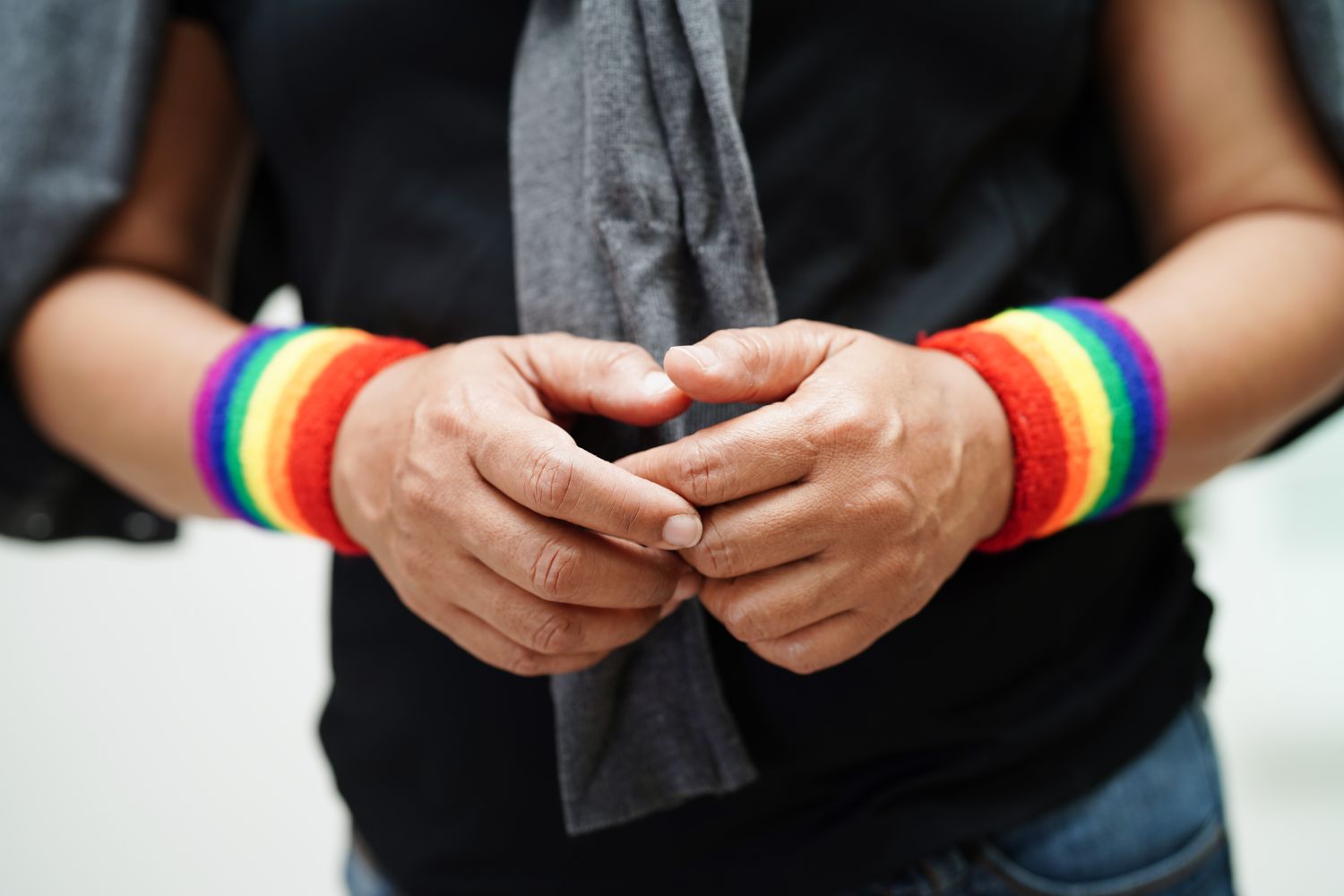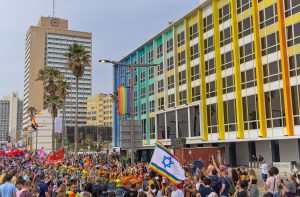Introduction
The struggle for equal rights for LGBTQ+ individuals has been a long and difficult one, with many countries still grappling with issues of discrimination, violence, and marginalization. However, Israel has been a notable exception in the Middle East, with a history of progressive policies towards the LGBTQ+ community.
Over the past few decades, Israel has taken significant steps towards recognizing and protecting the rights of LGBTQ+ individuals, including the legalization of same-sex marriage, the inclusion of LGBTQ+ individuals in anti-discrimination laws, and the establishment of dedicated LGBTQ+ community centers and organizations.
In this article, we’ll take a closer look at the evolution of gay rights in Israel, from the early steps towards equality to the current challenges faced by the LGBTQ+ community.
The Evolution of Gay Rights in Israel: A Timeline
To better understand the history of gay rights in Israel, it’s helpful to look at key moments and events that have shaped the progress and challenges faced by the LGBTQ+ community. Here’s a timeline of significant developments over the past few decades:
- 1988: First LGBTQ+ demonstration takes place in Tel Aviv, calling for equal rights and protections for LGBTQ+ individuals.
- 1992: The Israeli Defense Force officially lifts its ban on LGBTQ+ individuals serving openly in the military.
- 1998: The Israeli parliament passes a law prohibiting discrimination based on sexual orientation in the workplace.
- 2000: The first pride parade takes place in Tel Aviv, drawing over 200,000 participants and marking a significant moment of visibility and celebration for the LGBTQ+ community in Israel.
- 2005: The Israeli parliament passes a law recognizing same-sex couples as legal partners, with many of the same rights and protections afforded to married couples.
- 2009: The Israeli parliament passes a law allowing same-sex couples to adopt children, making Israel one of the few countries in the world with such a law.
- 2013: The Israeli parliament passes a law recognizing same-sex marriages performed abroad, providing some recognition and protections for Israeli citizens who marry in other countries.
- 2017: A new law is proposed that would legalize same-sex marriage in Israel, but it is met with significant opposition from conservative and religious groups and has yet to be passed.
- 2018: A controversial law is passed that allows adoption agencies to discriminate against LGBTQ+ couples and individuals based on religious or moral objections.
- 2021: The Israeli parliament passes a law banning conversion therapy, a harmful and widely discredited practice that seeks to change an individual’s sexual orientation or gender identity.
Challenges Facing the LGBTQ+ Community in Israel
Conclusion
Frequently asked questions about Israel gay population
Yes, homosexuality is legal in Israel, and LGBTQ+ individuals have legal protections against discrimination.
No, same-sex marriage is not legal in Israel, but same-sex couples can receive partial recognition for marriages performed abroad.
Yes, there is a vibrant and active LGBTQ+ community in Israel, particularly in Tel Aviv, which has been referred to as the “gay capital” of the Middle East.
The LGBTQ+ community in Israel still faces challenges, including a lack of legal recognition for same-sex marriages, discrimination and violence in more conservative and religious areas, restrictions on adoption rights, and the prevalence of conversion therapy.






